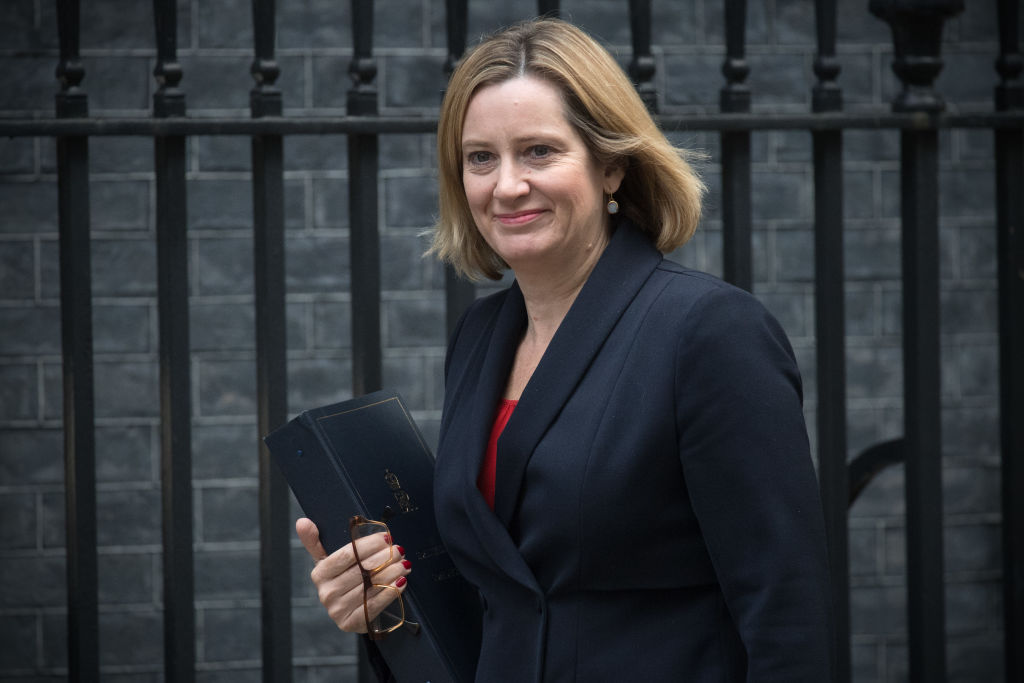Amber Rudd had been admirably disciplined on Brexit. She was a passionate Remainer, who performed herself with distinction in the referendum campaign – but then, supported the Prime Minister. Things have been fraught since, and the new dividing line is whether Cabinet members can support the Prime Minister’s official position that ‘no deal is better than a bad deal.’ In committee today, Rudd wobbled – saying that no-deal is ‘unthinkable’.
It wasn’t quite as bad as it sounded. Plenty of Brexiteers argued the same during the referendum campaign: of course we’ll get a deal with the EU, it’s in their interests as much as ours, it ought to be the easiest thing in the world to agree given that we start from a position of complete harmony. To think that we’d swap that for a system of barriers and tariffs? For no reason other than political posturing? You can see how the word “unthinkable” could be thrown in at the end of this argument. Ordinarily, it would not matter. But in the current context (as I suspect a politician of her calibre would know) saying it’s “unthinkable” aligns her with Philip Hammond and others who do not want to prepare for ‘no deal’ out of principle. In my view, this is dangerous. However much one might admire the EU, it’s impossible to say it has been very good at trade negotiations having agreed terms with almost none of its major partners. That’s because politics gets in the way of common sense: any one member state can find a reason to veto.Oxford Economics has been keeping a track of the likely outcome. It thinks the chances of remaining (which would presumably be Ms Rudd’s first choice) are 5pc, staying in the single market is 10pc, in the customs union 10pc. But it puts a free trade agreement at 37pc and “no deal” at almost the same: 35pc.
So ‘no deal’ is not just thinkable, it’s an outcome as likely (perhaps more so) as any other. And that’s because of the political mess that arises when Cabinet members are not able to keep discipline and reinforce the government’s message. If the EU doesn’t think Britain will walk away (because Ms Rudd and others say it’s ‘unthinkable’) then it will likely offer a deal as bad as it offered to David Cameron. And it’s a bad deal that stands less chance of making it through the House of Commons. If MPs refused to approve a bad deal, then ‘no deal’ it is.
John McDonnell said at the weekend that Labour would not support ‘no deal’. But Labour would never be asked to support it: that is the default. No deal is what will happen in March 2019 if nothing else can be agreed.
Ms Rudd is a formidable and impressive Home Secretary: she can be forgiven a small verbal slip. She might regard No Deal as being sub-optimal: I have yet to meet any Tory who thinks otherwise. But unthinkable? Alas, no. The bottom line is that our best chance of getting a good deal is to persuade the EU that we’re serious about walking away.







Comments